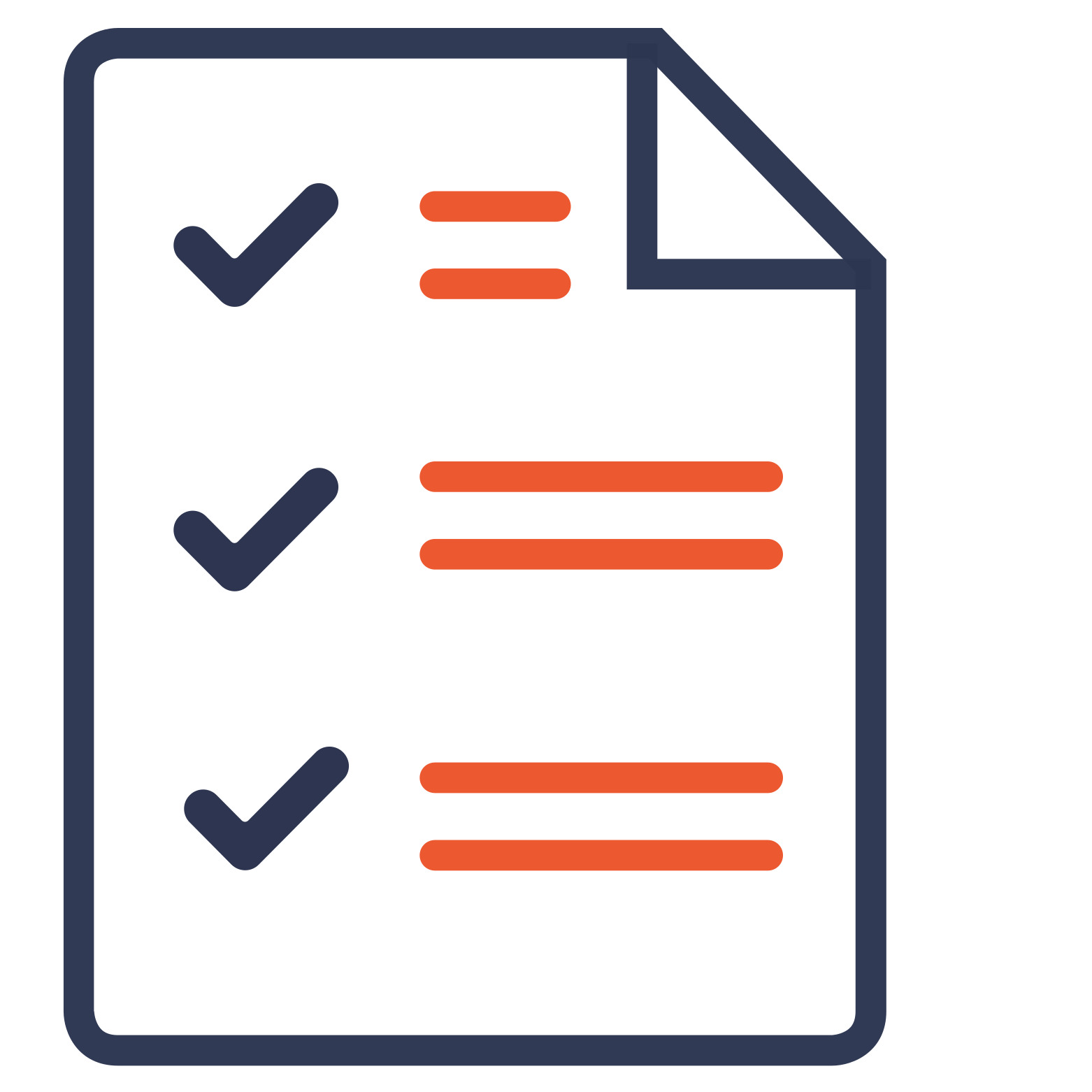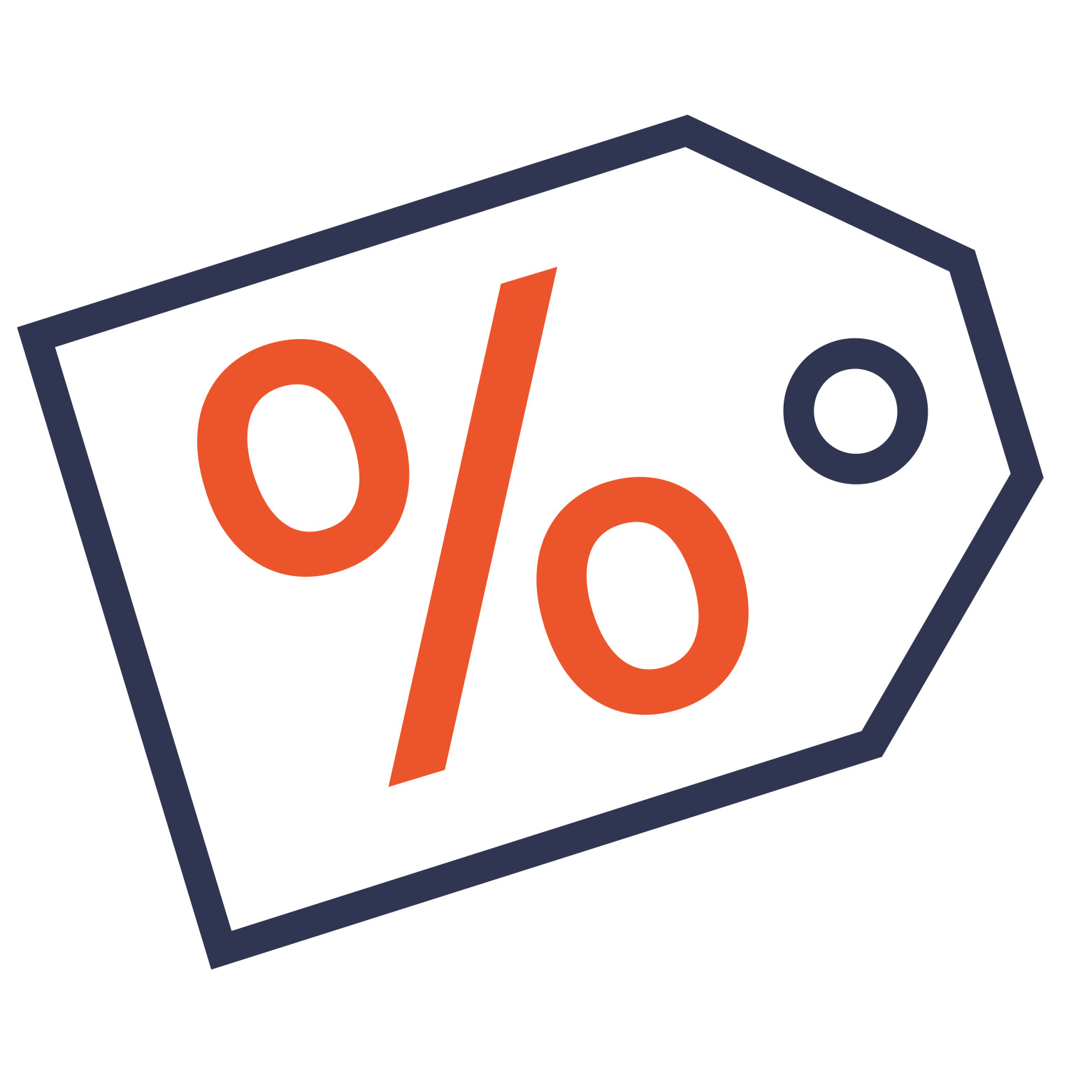- BUSINESS
- Starting a company
- ACCOUNTING PACKAGES
- Contracts
- Agreements
- Administration of Company
- Ordinary General Meeting
- Rules of Procedure of the Board of Directors
- Company Statutes
- Establishment or dissolution of the Board of Directors
- Change Of Company Purpose
- Change Of Company Name
- Change Of Subscription Rule
- Change Of Financial Year
- Change in the Board of Directors
- New Director
- Audit And Opt-out
- Registering a Company As An VAT Payer
- Registering a Company As An Employer
- Close Business
- VIRTUAL OFFICE
- Food Business in Denmark
- PRIVATE
- Other Services
Confidentiality Agreement / NDA
If others access your company's confidential information, such as customer lists or inventions, it is advantageous to make a confidentiality agreement
What is Confidentiality Agreement/NDA?
A confidentiality agreement, also known as a secrecy agreement or the English abbreviation NDA (Non-Disclosure Agreement), serves as a vital tool to ensure the protection of confidential information for one or both parties involved. This agreement aims to prevent any unauthorised disclosure of trade secrets, customer information, or any other sensitive data that could potentially harm the holder. The confidentiality agreement plays a crucial role in establishing trust and reliability between the parties. Its implementation helps safeguard the confidentiality of crucial information, allowing businesses and individuals to freely exchange ideas, inventions, and other sensitive information without fear of abuse or misuse.

Price: 899,-
Excl. moms

10 - 15 min.
In real time

Save 2.400,-
From average market price
Unilateral or mutual confidentiality agreement?
A confidentiality agreement can be created either as a unilateral agreement or a mutual agreement. In a unilateral declaration of confidentiality, only one party gives access to confidential information, requiring robust protection measures. On the other hand, a mutual confidentiality agreement permits both parties to provide access to confidential information, subject to an obligation to prevent unauthorised disclosure. It is essential for parties to ensure that the agreement’s terms are appropriately drafted and that they have carefully considered the confidentiality obligations before executing the agreement. Additionally, parties must ensure that they have adequate security measures in place to prevent any unauthorised access to confidential information and channels for reporting any breaches of the confidentiality agreement.
What is not covered by the secrecy agreement?
The purpose of a confidentiality agreement is to protect and safeguard confidential information from any unauthorised or inappropriate disclosure. However, it is important to note that the agreement only extends to information that has not yet been made public. Consequently, any information that is already accessible to the public cannot be protected by the agreement. Therefore, it is imperative to exercise caution before releasing any confidential information to avoid any compromise to its confidentiality. In essence, once the information is made publicly available, it becomes ineligible for protection through a confidentiality agreement, and it is crucial to be mindful of this fact to avoid any potential legal implications.
Who can use this secrecy agreement?
Secrecy agreements can be used in many different cases, but they are often used in the following cases:
- Companies that want to protect the confidential information they share with a person or other company
- Consultants or the like who access confidential information belonging to a person or company and who therefore want to create clear guidelines on how confidential information is shared
What if you violate the secrecy agreement?
If a party violates the confidentiality agreement and thus shares confidential information with anyone in violation of the confidentiality agreement, the offender must pay compensation and a conventional penalty for the violation. A conventional penalty is a fixed amount paid to compensate for the violation. You can determine in the secrecy agreement how much a conventional penalty is payable in the event of a violation.
How to make the confidentiality agreement valid?
Once you have made the confidentiality agreement, it must be signed by the parties to the agreement. You can sign with NemID/MitID – simply and quickly – and there is no need to print and scan.
Get started today by pressing ‘ Create Confidentiality Agreement / NDA now ’ below.
